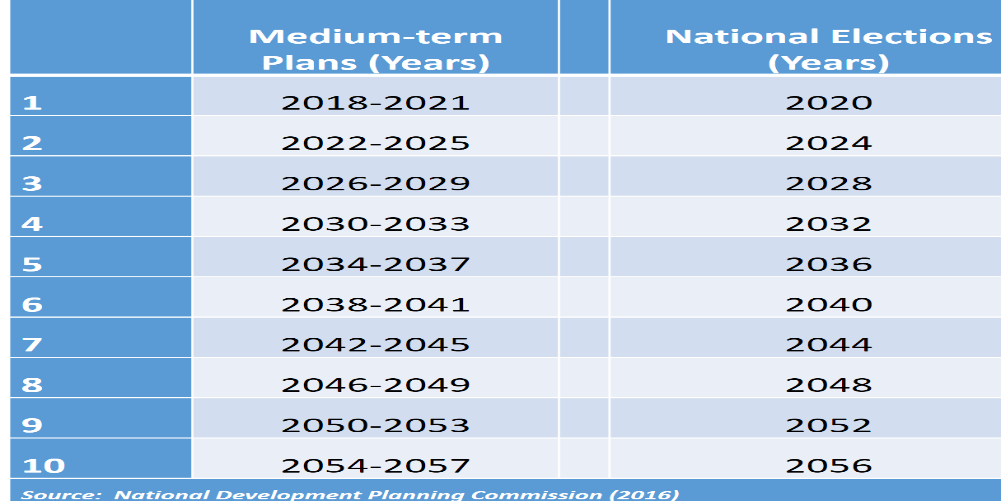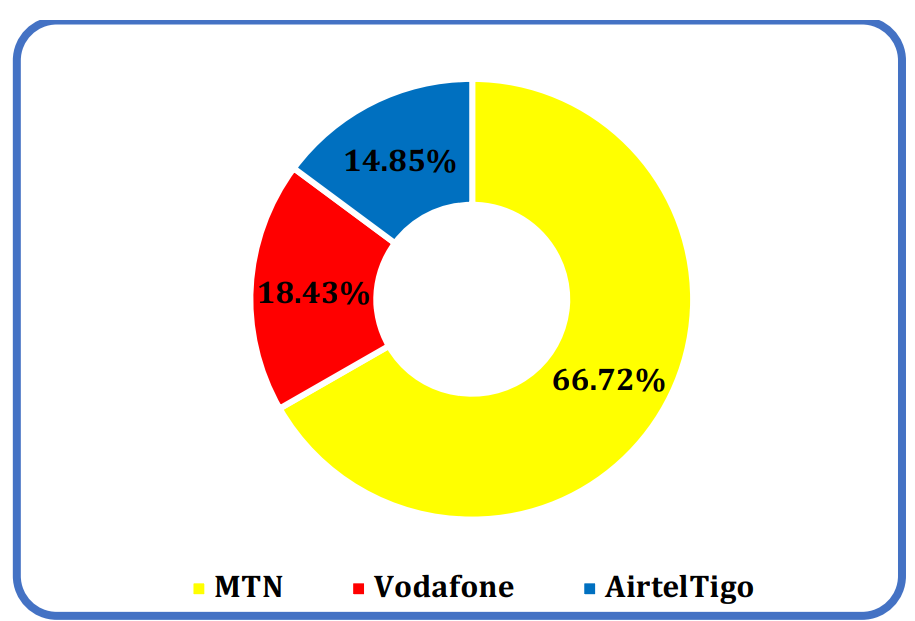
“This too shall pass.” That is the rallying cry of a people drained by the burden of dealing with microscopic existents – living organisms so small yet, as it now appears, big enough to arrest the businesses of Wall Street in New York and Zongo Lane in Accra.
But hope is embroidered in the human condition. While the numbers of the dead across the world reach scary counts, there is a kind of steely knowing among those who pray and those who research. These two groups of people agree that COVID-19 is only a phase but not our new normal.
I too want to believe it is not our new normal. But as a Ghanaian, I have been forced to reckon with the frailties exposed in our society and politics by the pandemic. I have arrived at a painful conclusion: there is no more a “normal” to which we can go back.
When Ghana first recorded the country’s first two cases on March 12, the apprehension was that the coronavirus was something we were capable of dealing with. The government moved to assure its people that panic was not a necessary response insofar as we wash our hands, learn how to cough or sneeze responsibly and withhold handshakes.
On March 15, the Ministry of Information, while reporting new cases, announced that government had prohibited travel from countries with 200 or more cases, except for Ghanaians willingly coming home.
That evening, President Nana Akufo-Addo banned all gatherings at schools, churches, festivals and any other social activity requiring more than 25 persons.
And then by March 18, our numbers from six days before had quadrupled plus one more. It was at this point that media outlets gave people the right to panic. The well-resourced Johns Hopkins University at the time said the number of confirmed cases worldwide had reached 200,000.
A month or so on, all fears, for the most part, are no more theoretical. We have had a two-week lockdown and an extension of a week.
We have seen the incredible price-gouging, the maddest rush for essential goods for our homes, the layoffs of workers who have been described as casual or low-skill (a term I am personally disgusted by). The uneasy flow of cash has also hit some in Ghana’s envied white-collar sector where people have been forced to either take pay cuts or be furloughed.
Survival instincts have kicked in. People have flagrantly disobeyed lockdown orders in a quest to feed themselves. Yes, there are those who have also disobeyed orders to engage in vices but I want to believe many more just want to stay alive.
Ethical questions have been thrust in our faces and at this point we are ill-prepared to answer. What amount of suffering by the citizenry is permissible in a pandemic? How long can we be under lockdown with national productivity hitting the lowest depths?
Also, where you probably are staring at an artificial starvation or a virus infestation, what is the better risk aversion: allowing people to find material sustenance or controlling the spread of the coronavirus?
President Akufo-Addo made headlines worldwide saying “we know how to bring the economy back to life” as compared to people’s lives. I assure you, if our country’s and the global situation worsens, the meaningfulness of the president’s statement will be tested.
But with no vaccine or curve-flattening in near sight, the better thought-provoking question is: Which Ghanaians can survive an elongated and highly restrictive lockdown?
Immediately, you are forced by the question to confront the different kinds of Ghanaians we have; those with means, those without and those who linger in the small crack between the extremes.
The majority without means in the locked down areas will suffer. As has been revealed by the temporary food distribution programme, they are already suffering.
The very few with means, are probably well-stocked or connected enough to be stocked for, say, six terrible months.
It is among those we refer to as the middle class, the thermometer of a nation’s progress, that we can gauge our well-being. We have to remind ourselves that this is the educated and working people who are promised wealth and comfort because they are educated and working.
This class of people, chiefly resident in Ghana’s vibrant metropolitan areas, has historically had enough to feed, shelter and pay their utilities. Many hopeful pieces about Ghana’s growth have said this group is expanding, and technically, they are.
We have to however, remember that in Ghana, government statisticians themselves do not use the qualification “middle class”. But we know who these people and we also know that they are not as financially sound as the Ghana growth pieces imply.
Many of the people here are most probably three suspended paychecks, two extra mouths to feed and one serious medical emergency away from poverty. What the coronavirus has done is to make imminent all which could possibly go wrong for them.
I remember a conversation three years ago with a friend. I was of the view that the apathy Ghanaians have towards class consciousness is probably our biggest problem. I remember saying I am so hurt that we refuse to confront how class and influence mutually insure themselves. I even added that although American corporations would not let the US government get serious about inequality, at least, most people do know that inequality is the biggest problem in that country.
My friend laughed, and when he could manage words, he replied, “As for you, everything be class. Ghana, class things no really dey here. See, everybody dey go Accra Mall. Poor people sef fit go swim for Kempinski.”
My immediate reaction to him is not fit for print. Suffices to say, I was shocked and worried.
We do ourselves no good to think my friend is in the minority of Ghanaians. How power works in Ghana has simply not been a preoccupation of the social science faculties in our universities. Neither has there been a credible movement that makes the case for class struggle and consciousness.
Let me remind all that the Trades Union Congress (TUC) was one of the first Ghanaian institutions to call for a lockdown. My point is not that a lockdown, partial or otherwise, is unnecessary. My point is the biggest representative union of Ghanaian workers, well aware of the hand-to-mouth-ness of most working families, wanted an immediate lockdown offering very little suggestion as to how government can weather the storm.
We have been witnesses too as the biggest opposition party struggles to chip in an objection here and there to government’s anti-coronavirus plans. I would love to be a silent participant in a meeting of National Democratic Congress (NDC) strategists.
As unfortunate as these times are, it has become easy for the ruling government to ask and receive the loyalty and attention of all in the country. Ghanaians seem to grasp quite well the idea that COVID-19 is a global problem, thus, what the president is enjoying at the moment is a popular consensus that gives him a benefit of the doubt, with all prior transgressions somewhat forgotten.
Whatever the NDC has to say can easily be characterised as rocking the boat. A false dichotomy then ensues – “do you support our president to lead us through these times or are you going to be partisan nuisances”?
I, for one, feel sorry for the NDC caught up in this dilemma. But I shudder to think the logic of the politics might not be so different had John Mahama won on December 7, 2016. Nana Akufo-Addo’s party would be forced to answer the same question.
The coronavirus has turned out all that is wrong with us. There are the things we knew and those we were asleep to. All in all, our house of cards has been exposed.
In these times, it takes manic optimism to see a silver lining in a global pandemic but I see one for Ghana.
We have been given a chance to redefine the point for which we are building a nation. Killer viruses are nudging us to re-assess what it means to be a proud, decent, hardworking and patriotic Ghanaian. This very minute, as the coronavirus exploits the inefficacies of our health, communications, education, financial and manufacturing sectors, I believe we have been offered an opportunity.
This is why there is no “normal” to go back to. With experts warning that pandemics may occur as often as never in our lifetimes because of the fallouts of human contacts with previously untouched flora and fauna, Ghana can do more than just look to survive COVID-19.
But it is just not about the coronavirus. What is happening is the continuous testing of the durability of the structures we had in place prior to the time we confirmed our first two cases.
How well can our institutions and people stand the hammering? You and I know the answer.
Our conception of the well-being of our people has to change from the obsession with GDP figures. We must tackle the issue of wealth inequality, by which I mean we should be willing to rustle some feathers in order to give the most unfortunate Ghanaians a better shot at survival.
We may want to focus on substance heavier than childish partisanship and pettiness. We may want to regard the ruling elite for what they are – a network of highly connected and materially-sufficient people who have shared themselves between two main political parties.
We would have to reimagine schooling, health insurance and finance. I believe we have no choice than to reprioritize our ambitions.
When all is said and done, we will know what and how much needs to change. And we should be willing to do that.
I am sorry I have no perfect picture in mind of what Ghana should look like. I do not think anyone does. But critically, I would be more embarrassed if majority of us have the patience to go back to what we had before.
The post Nii Hornsby writes: The Coronavirus pandemic is a chance for Ghana to redefine ourselves appeared first on Citinewsroom - Comprehensive News in Ghana, Current Affairs, Business News , Headlines, Ghana Sports, Entertainment, Politics, Articles, Opinions, Viral Content.
Read Full Story









Facebook
Twitter
Pinterest
Instagram
Google+
YouTube
LinkedIn
RSS